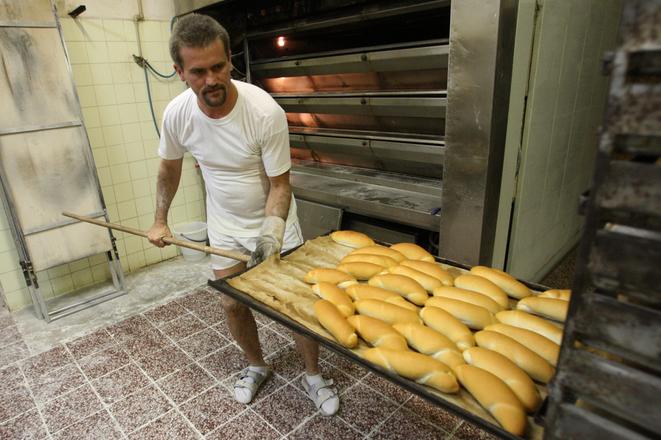One of results of the EU fund scandal at the Education Ministry and the following ruling coalition crisis is the fourth social package from Robert Fico’s cabinet. In order to achieve peace in the coalition, each ruling party has some of its measures into the package. These include the 13th and 14th salary, an increase in the minimum wage, exempting working pensioners from the payment of income taxes, an increase in bonuses for night and weekend work and more. The estimated impacts of these measures on public finances are already included in the draft budget for 2018 even though not all these measures are in their final form.
“When we are speaking about next year’s deficit of 0.83 percent of GDP, then this includes the social package,” said Prime Minister Robert Fico when introducing the package in late September. He added that its exact price tag in not known yet since amounts of individual contributions need to be set.

Employers are critical, lacking impact studies. They point out that many changes will be paid not by the state but by companies.
Finance Minister Peter Kažimír has hinted that the social package will cost almost €500 million, when roughly one half of this sum will account for measures increasing budgetary expenditures and the second half will reduce revenues, according to the Trend weekly.
The planned measures most important for entrepreneurs is the increase of the minimum wage, the increase in bonuses for night and weekend work as well as the 13th and 14th salaries. While the first change is already known since the government approved the hiking of the minimum wage by €45 or 10.34 percent to €480 from January 2018, the remaining two measures do not have their final shape yet.



 (source: Sme)
(source: Sme)